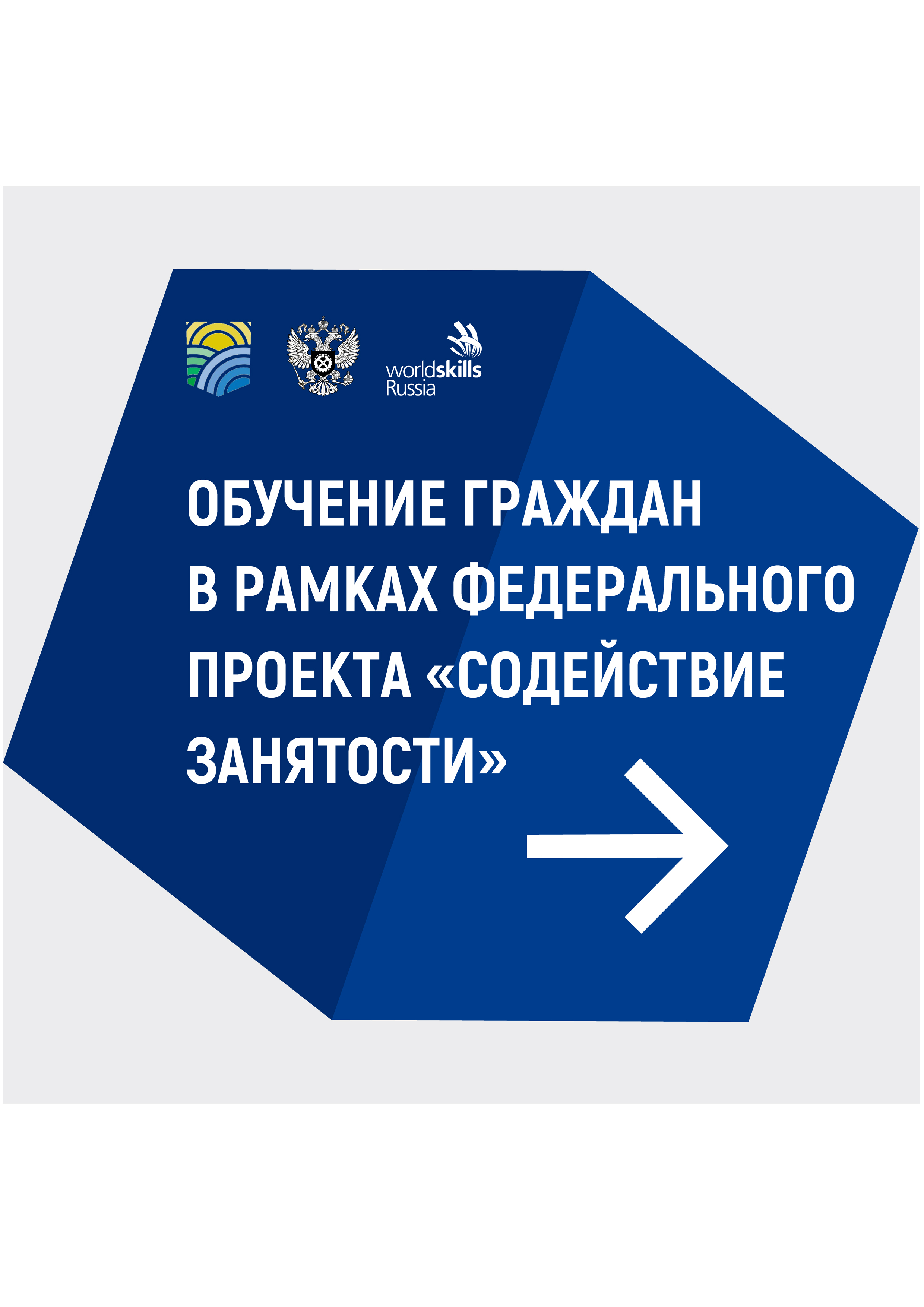personal injury lawyers Injury Litigation
The law enables people to claim compensation for damages caused by others. This can be physical as well as mental damage.
While many personal injury cases settle without a court hearing however, sometimes a lawsuit is necessary. It can help you get more understanding of the financial loss and ensure that you receive the right amount of compensation for your injuries.
Damages
A plaintiff may file a personal injury lawsuit following an accident, and claim that a third party was responsible for the accident and the injuries. The lawsuit seeks to recover damages for both economic and non-economic damages.
Damages are usually classified into two categories: special and general. In personal torts involving injuries, special damages are measurable costs like medical expenses and lost earnings, while general damages are less measurable and may include loss of consortium, pain and suffering of consortium, defamation and emotional distress.
For instance, suppose Driver 1 is involved in an accident that is minor, but Driver 2 has a rare disease that was made worse by the crash, necessitating extensive treatment and causing severe physical discomfort. Although the injuries suffered by Driver 2 were not common, the person who caused the accident could be held responsible for both general (compensation for pain or suffering) and specific (specific medical bills).
Certain kinds of damages may be difficult to prove because they don’t have an inherent dollar value. For instance that of pain and suffering damages. These are usually subjective, and can range from physical emotional pain to mental angst.
However, if you have evidence of your injuries (e.g. doctors’ notes photographs and videos) the damages you suffer will be verified. Furthermore, if your injuries hinder you from working again you could be able to collect losses of earning capacity.
Many people start their legal quest for compensation by making a claim to the at-fault party’s insurance company. It gives claimants the opportunity to present their case and demand insurance coverage for their damages. A settlement can be made based on the policy of the liable party.
An attorney can help you estimate the amount of your damages and help you negotiate a fair settlement. If the insurance company is unwilling to negotiate with good faith, or if there is an exceptional situation that requires a trial your lawyer may file a lawsuit and pursue punitive damages against the liable party.
Punitive damages are intended to penalize the responsible party for their actions and prevent them from repeating the same act in the future. They are only available in certain types of personal injury Attorneys injury cases. You must establish that the defendant acted with recklessness and malice.
Statute of Limitations
Every state has statutes of limitations that establish deadlines for filing lawsuits. These deadlines apply to personal injury claims, regardless of whether you were involved in a car crash.
These deadlines are crucial as they can be the difference between winning or losing your case. If you are waiting too long before filing your claim, the court might not allow you to be heard and you may lose your chance of receiving the compensation you deserve.
In the majority of personal injury cases the statute of limitation in New York is three years. This limitation can be extended in specific circumstances.
The statute of limitations in New York is also different for claims against local government agencies like the City of New York Department of Sanitation, the New York Parks Department, or the New York City Transit Authority. In these cases, you only have six months to file a notice of intent.
In certain situations such as exposure to toxic substances or medical negligence the statute of limitations doesn’t begin to run until you’ve discovered or should have discovered your injury. Other circumstances, like minors who have been injured by toxic substances or medical malpractice, may allow the statute of limitation to be tolled until the victim reaches the age of majority. This means that they are able to start a lawsuit once they reach 18 years old.
So, let’s suppose you’ve worked with vibrating tools for many years and are now suffering from carpal tunnel syndrome. This is an injury that can result in significant medical costs and other financial losses.
You inform your supervisor of the issue and inform him that vibrations are causing your pain. He promises to correct it. But more than three years later, it’s time to develop a lung condition that your doctor says is caused by asbestos.
Your lawyer can help determine when, based on the specific facts and circumstances the statute of limitation will begin and expire. They can also assist you to determine if there are any exceptions that could prolong or reduce the time period to file your personal injury claim.
Negotiations
Although the negotiations for settlements for personal injuries are often complex, they can be quickly and efficiently solved with the assistance of a knowledgeable personal attorney. In the course of negotiations, your lawyer will attempt to obtain the full amount of your losses.
The value of your claim will vary from case instance, and is based on a variety of variables. For instance the severity of your injuries, medical expenses, and income loss will be taken into consideration. A rough estimate of your impairment rating could be provided by your physician that can help you determine how much compensation you will receive.
In the early stages of a personal injury case your lawyer will prepare a demand letter. This letter should explain the circumstances of your case and ask for an agreement. The letter should be accompanied with supporting documentation like medical records or doctor’s reports.
A few weeks after you’ve sent your letter, an insurance adjuster will reach out to you. The adjuster will ask you for details about your case. They may also request to be interviewed.
Your lawyer will begin an investigation into the incident to determine who is responsible and the severity of your injuries. They will also collect any evidence that is relevant, including accident records as well as records from the police officers who responded.
These questions can be discussed with an insurance representative by your lawyer during the negotiation process. The insurance company might respond to your lawyer with a counteroffer that is low. You may then choose to accept the amount or demand an increase.
Once you have accepted the initial offer Your lawyer and you will continue to negotiate until you reach a settlement. Negotiations can last several months or even more depending on the complexity of each case and the negotiation strategies employed by both parties.
If you are unable to resolve the issue in a timely manner If you are unable to resolve the issue, you may consider other dispute resolution options that include mediation or arbitration. These procedures are usually quicker and more affordable than a trial but they are not always possible. In addition, they do not always produce the best outcome for you.
Trial
A plaintiff can bring a lawsuit against a defendant in personal injury litigation for their negligence. If the defendant is found to be responsible and the plaintiff is found liable, the plaintiff may get compensation. Usually, the amount of damages paid will depend on the extent of the injuries and how the injuries have affected the plaintiff’s life.
Your lawyer will conduct an investigation to determine who was at fault and who was responsible for your injuries. They will also collaborate with experts to gather evidence and support your case.
A personal injury lawyer will help you identify all parties that may be responsible for your injuries. This includes insurance companies, other people as well as businesses.
They will work with medical experts to record your injuries and assess the severity of your injuries. They will also analyze the cost of treatment and decide the value of your injuries.
At this point, your lawyer may contact the insurer of the defendant to determine if they will accept a fair settlement or pursue your lawsuit to trial. The lawsuit will then go into the discovery phase.
The discovery phase entails collecting information from both parties using various legal tools, including Bills of Particulars as well as Requests for Admissions. Interrogatories, and Requests for the Production of Documents.
This is the most crucial phase in any personal injury lawsuit. In most cases, the discovery phase will last at the least one year.
Once your attorney has collected sufficient evidence and built the case to be convincing, it is time to go to trial. The trial could take place in either a courtroom or in an administrative hearing.
If a trial is conducted, a judge or jury will decide if the defendant is at fault for your injuries and if they should pay you damages. In addition to deciding the winner the judge or jury may award punitive damages that are additional damages for the defendant’s negligence.
During the trial, your lawyer will present evidence that demonstrates your complete medical and financial loss and how it has affected your life. This will ensure that you receive the most amount of compensation in your case.























